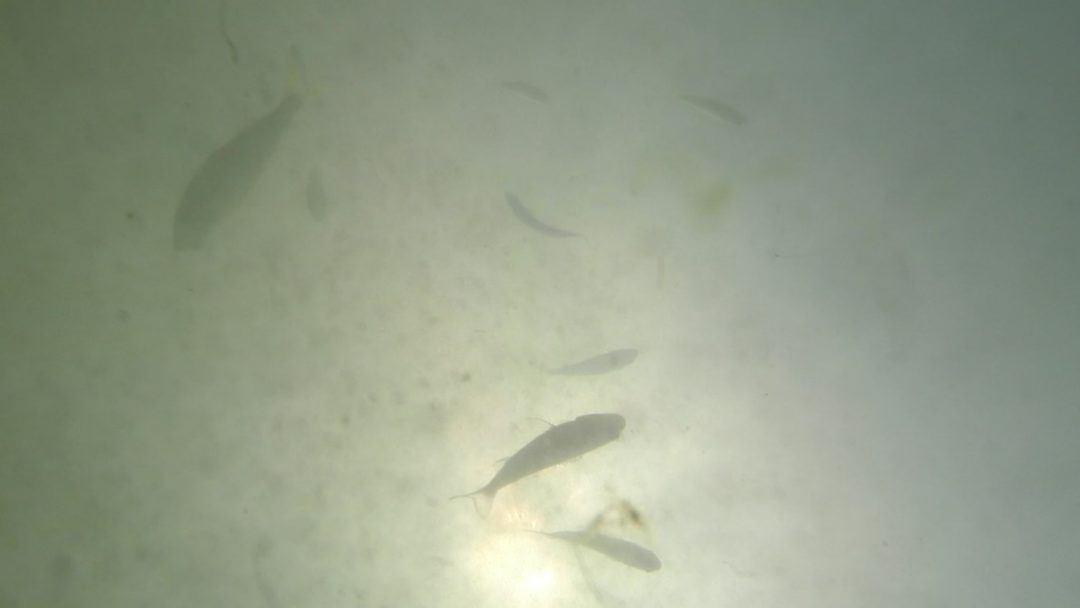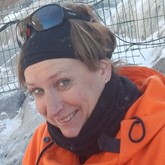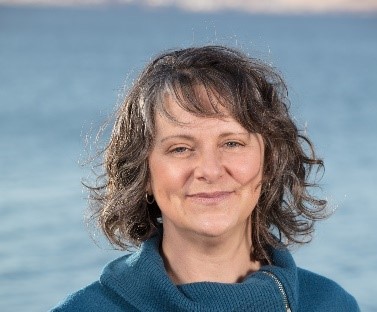
Peters and Steinberg’s radical material, ‘hypersea’ or more-than-wet ontology opens up material and inherently spatial, perspectives of the ocean itself that can be used to rethink oceans governance. In this project Miranda and Maree adopt their ontological perspective on the solid-liquid, layered and beyond-wet materiality of ocean which acts as a provocation for their interdisciplinary experiment in which they are asking: how does a radical more-than-wet ontology extend our thinking about MSP? Marine spatial planning (MSP) is used as a tool to bring the marine environment to the center of the governance imperative. Over the past 15 years, MSP has become widely adopted as an ecosystem-based approach to settling human exploitation and uses of marine places, flora and fauna, and protecting ecosystems. Application of MSP, particularly by governments, has been promulgated by the UN and the marine science community as an integrated management approach to overcoming sector-based management. Miranda and Maree suggest that despite the intentions, MSP lacks a material perspective of/from the ocean itself.
Through a speculative approach appropriated from spatial design studies and by introducing the materiality of ocean, Miranda and Maree are probing and reimagining the influential work of Ehler and Douvere (2009) “Marine Spatial Planning: A Step-by-Step Approach Toward Ecosystem-Based Management” (UNESCO). Through this project, Miranda and Maree will share their insights and questions from attempting to liquify this terrestrial based document through a critical iterative oceanic exploration into governance.
Bios of researchers

Dr. Miranda Nieboer is an affiliated researcher at the Institute for Marine and Antarctic Studies (IMAS) in spatial and cultural studies and a lecturer in Architecture. Her research interests are at the intersections of spatial studies, cultural geography, environmental humanities, and science. Miranda’s investigations include the human presence and activities in glacial and oceanic environments. Her focus is on the spatialities, materialities and mobilities of these ‘extreme’ milieus. Miranda has been researching, writing, exhibiting, and lecturing on human inhabitation in extreme environments for more than 20 years. For her PhD research ‘Antarctic Interiors’ (2020), she joined a logistical traverse towards the continental interior. This expedition allowed her to develop an embodied understanding of inhabiting the Antarctic environment.

Dr. Maree Fudge is an early career postdoctoral researcher in social research, public policy and governance (marine and oceans). Her research interests include social and political factors influencing oceans governance, integrated marine and coastal governance, ecosystem-based management, citizen and stakeholder participation, democratic legitimacy, and institutional analysis. Maree recently completed her doctoral research into the limits and constraints of participatory governance of marine based socio-ecological systems, comparing the experience in Canada and Australia. Maree brings to her ‘early career research’ a wealth of experience in governance (research, corporate, nonprofit and clinical), executive management, project management and consulting from her private sector career prior to entering academia.